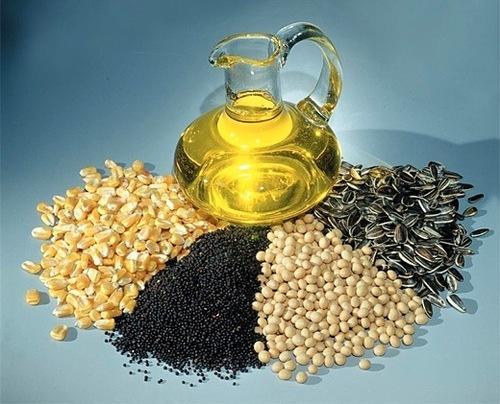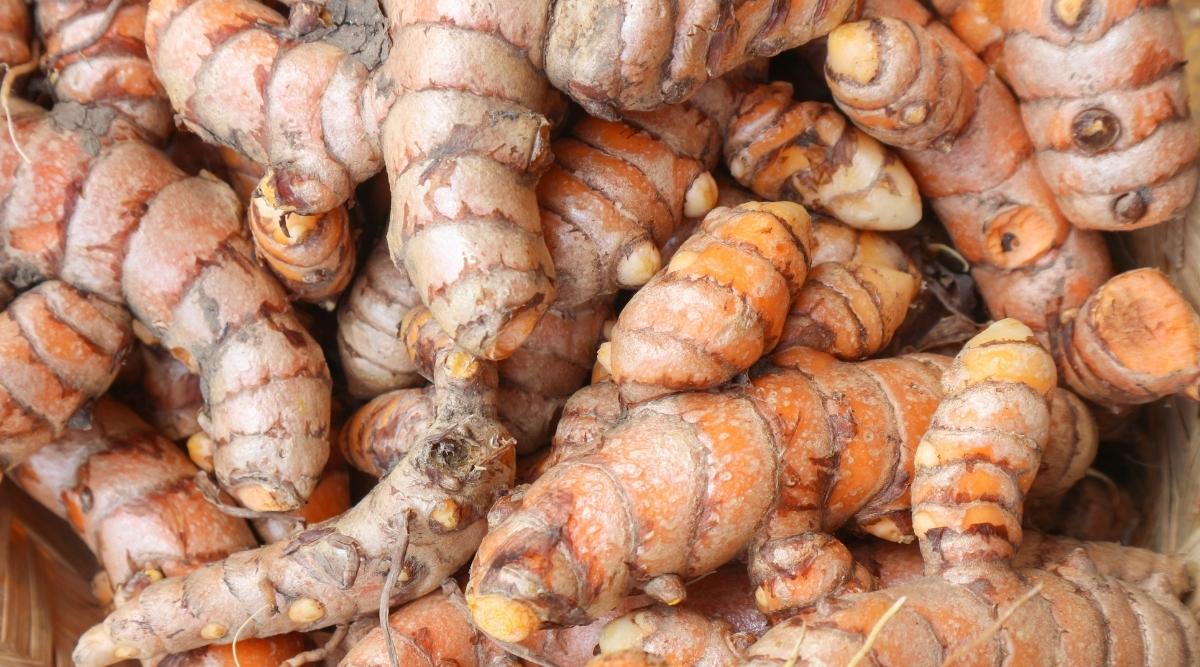The mandatory certification of cotton bales under the Quality Control Order (QCO) has been approved by the Center, and the Ministry of Textiles expects this would increase the supply of high-quality cotton to the textile industry.
According to officials, the requirement that cotton bales supplied in India have Bureau of Indian Standards (BIS) certification is intended to prevent the importation of subpar cotton and guarantee that domestic cotton fulfills a set of minimum quality standards. According to sources in the industry, the decision would ensure that native cotton quality increases while importing cotton, which can satisfy any quality need, and will not present any issues.
Union Minister of Textiles and Trade & Industry Piyush Goyal gave his approval to the cotton bale QCO, which was created in collaboration with the BIS. In order to assess the status of projects for the cotton value chain, Goyal presided over the fifth meeting of the Textile Advisory Group (TAG) in New Delhi. He claimed that both farmers and industry benefited from the high quality of Indian cotton fiber. The press release noted that a comprehensive plan to increase cotton yield by focusing on the technologies of HDP (High-Density Planting System), closer spacing, and ELS (extralong staple) has been authorized.
It has a cluster-based and value-chain approach and is built on a public-private partnership. This pilot plan, which will be implemented from 2023 to 2024, was created by the Central Institute for Cotton Research (CICR) under the direction of the Ministry of Agriculture and Farmers Welfare. The Cotton Corporation of India and export promotion organization Texprocil signed a Memorandum of Understanding (MoU) in December 2022 to encourage the industry to work on the principle of self-regulation by taking full responsibility for the traceability, certification, and branding of “KASTURI Cotton India.”
The announcement noted that “a steering committee and an apex committee have been established, and the activity of TEXPROCIL will commence in the current cotton season.”Goyal emphasized the necessity for the testing facility to be strengthened in order to meet KASTURI standards, DNA testing, and traceability. He pledged that the BIS and Textile Research Associations will provide sufficient sophisticated testing facilities.

